A few weeks ago I attended a fascinating meeting with this provocative title at the Overseas Development Institute (ODI) in London. It implies that most justice programming is politically dumb, top-down, internationally-led and that it is not a good thing.
Having experienced rule of law programming closely in Yemen and Mali over the past year, I would be inclined to say that there is much truth to that. Let’s start with the politically dumb. Rule of law development is often positioned as merely technical: ‘generally accepted rules we all agree on – it’s only a matter of implementing them.’ That’s never the case: rule of law is about mitigating power and justice change is an inherently political process. We should admit that. Somebody will lose and somebody will gain power. Losing generally hurts. What about the top-down bit? Despite all the talk of involving locals and adapting to local circumstances, I have mostly seen that in the end, the donor’s agenda and politics dominate . International donors are rarely capable of listening, and if they do, they are rarely able to act on what they’ve heard. None of the women I interviewed for our Justice Needs and Satisfaction Survey in Mali this year said they believe the formal justice system should be strengthened to help them deal with the heart breaking separation and child custody challenges. They all thought and acted in relation to the informal justice system they knew and trusted and wanted that improved. But which donor would be willing and able to support imams, griots, and elders to deal more effectively with such cases, knowing that they support mechanisms that have a slightly different view towards gender equality than the one in the West? Which Western Parliamentarian would vote for that budget or resist the temptation to criticize his/her minister on having spent money supporting this?
So, much seems to be aligned towards continuing down the politically dumb and top-down road.
Matt Andrews – one of the participants at the meeting – has written one of the best and useful books I have read in many years for people working on programming justice change (The Limits of Institutional Reform in Development – 2012). Based on thorough empirical research, he concludes that ‘grand design’ programming does not really work. Sounds familiar? That detailed five-year plan worth 50 million dollars with an awesome list of objectives and results caught in an impressive logframe? His thorough empirical work confirms what HiiL’s research on justice innovation also shows: programming and strategy making that starts from problems that begin small with developing prototypes, and then tests them, and use iterative learning to slowly scale-up based on success, is much more effective. Matt Andrews calls it ‘purposeful muddling’ (or, more chique: PDIA – Problem-Driven Iterative Adaptation).
At ODI we all saw the failure of grand design and the value of purposeful muddling. But then what? How do you do it? My main take-aways include many contradictions:.
- Donors want Big Programmes. It is said to save administrative costs. In addition: at the international level there is a tendency to lock into Big Targets (the MDG’s. Legal Empowerment for the Poor, etc.). Perspectives are not aligned;
- Locally- led is the opposite of donor- driven. The challenge is how to support locally embedded actors to find solutions without being driven to solutions by the way money is being organised;
- We don’t really have the budget rules, tender processes, logframes, and evaluation mechanisms to work in this way.
- Justice is a risky sector to engage in. There is always the potential of doing harm. There are many actors. There are formal and informal ecosystems. All this limits the room for experimentation, which – at the same time – we need to muddle effectively and purposefully.
- A key word in this approach is learning. This means: assure you can learn and communicate the learning;
- Data is highly important for learning and taking action. This includes, but is not limited to, surveys. Radio shows and social media activity are also important sources of information-these are not really used;
- ‘Locally-led’ is often an empty phrase. In fact, one participant stated: “There is no such thing as country owned. The country does not exist as a thing.” In his words: “You have to be in there all the time to find out who is allied with who and who wants what.” ‘Locally-led’ means more than building ‘buy in’ or teaching CSOs to ‘hold government institutions to account’. Good local leaders are brokers who are also able to bring in government institutions. They connect and organise and drive multi-stakeholder conversations. They build constituencies for change;
- And, paramount to everything: always be guided by problems, not institutions. Focus on problems on which there is some consensus. Build a clever business case for your problem. But be careful. You can lose the original focus as you build the business case. So keep in touch with the problem.
Fascinating. Fresh, new thinking that can help get better outcomes in justice development. One thing kept nagging me, however. Why are we all so eager to ‘programme’? Behind that word lays a whole paradigm: rich countries that ‘programme’ to help other, poorer countries. I would not argue against that or against helping. But perhaps another seminar could be on politically smart, locally-led justice business models, without the programming bit.
Video material on some of presentations and panels can be found here.

